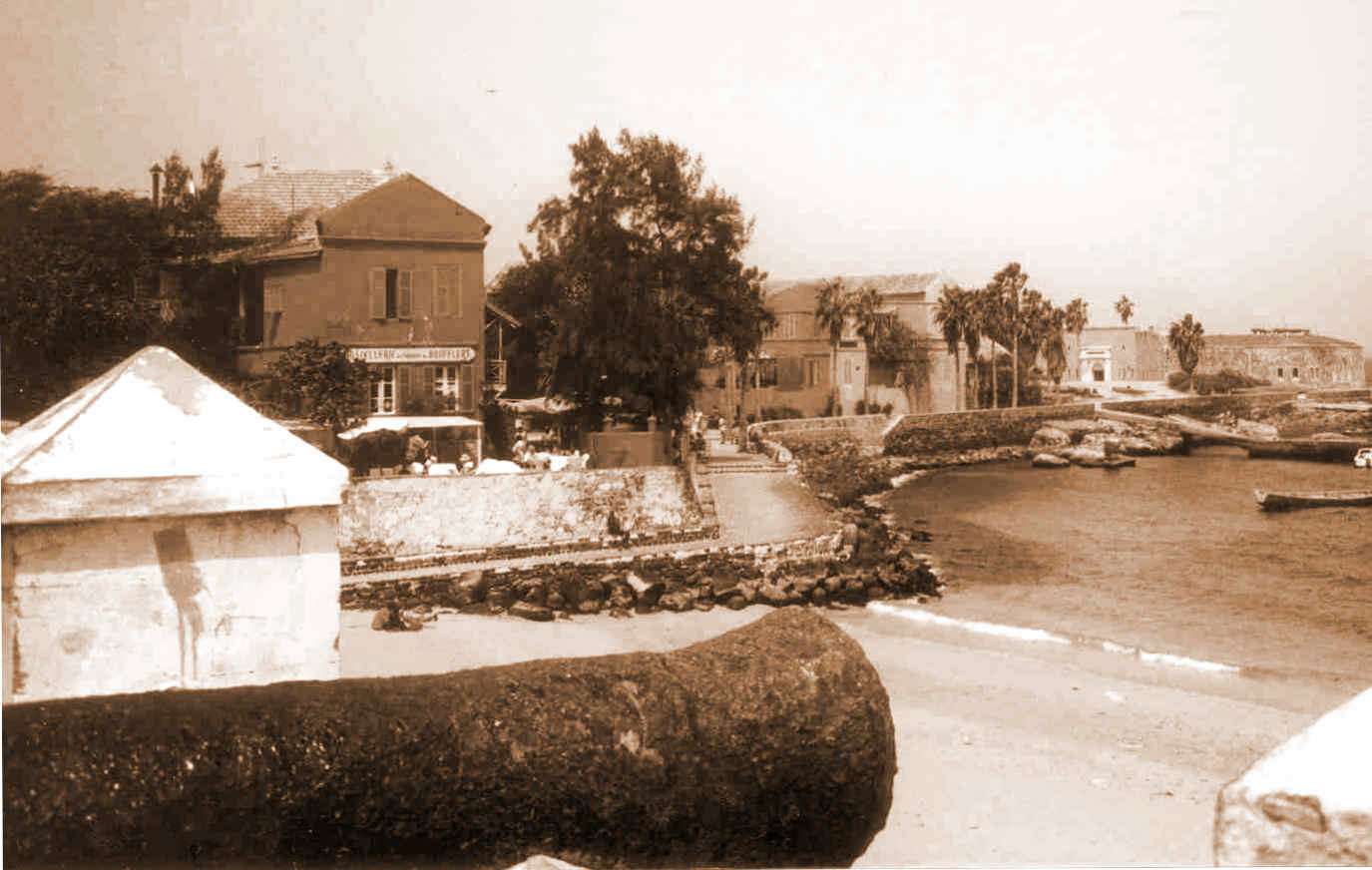Denial

I notice a trend for certain groups to make an amount of noise about the past. Most recently as I write, the tearing down of statues of Confederate Generals in the "United" States. In Britain we've had an argument over renaming the Colston Hall in Bristol, because Colston was a prominent slave trader. Previously there was a campaign to tear down an Oxford statue of Cecil Rhodes because of his part in the British Empire’s record of subjugating and plundering the countries it “acquired”. To retain these monuments, the argument goes, is to endorse the opinions and actions of these bad people of the past.
I think this misguided and naïve.
It seems to me that these calls combine two fundamental – and possibly even irreconcilable – errors in thinking.
Firstly, they are informed by the idea of necessary Progress. The idea that we are simply better people than everyone who lived before, because now, in our modern lives, we Know Better. I’ve written about this in a previous post, and you don’t have to look very far to see that this is just not true. We have in no way earned the right to feel superior to our parents, grandparents, great-grandparents, and so on. We are not better. We live in different times. Our world is superficially different, and – yes – life is better for many people, but look outside your own bubble and you can see that the improvements are often very local; certainly not global. And the ways in which people treat each other are by no means an improvement over previous centuries.
So it seems that the desire to erase signs of the past is really just a way of making ourselves feel better. “That wasn’t us. We are better people.”
But – here’s the second point – it’s dangerous to rewrite history. We are made by the past. Our lives today, this Friday, next Tuesday, are shaped by past centuries and millennia. You can’t understand the present if you don’t understand the past. And people like Rhodes and Colston are part of our past. and part of our present, like it or not.
To remove them is exactly the same as trying to remove the embarrassing aunt or uncle from your family history. You can’t make them unborn. To pretend that you can is to stick your fingers in your ears, shut your eyes, and chant “la la la la”.
(It’s contradictory, too; because you can’t claim that you’re a better person if you erase all signs of the world having been worse. That would leave nothing for you to be better than.)
And it’s naïve, because you don’t know how you would have lived, and what you would have thought had you been born three hundred years ago. Everyone is shaped by the time and the place they live. You may try to make a 21st century heroine out of Jane Austen, or Joan of Arc, but it’s dishonest to attempt it. They did not think the way you do. How could they? “But if they were alive now…” But they’re not.
And what has this to do with writing? If writing is to have any value, it must be honest. The way you are today – the way you think and act, for good or bad – is the result of all the things you have done before – good or bad. It is dishonest and misleading to choose just the bits you like and deny the rest. We have no more responsibility for the slave trade than we do for abolishing the slave trade. It’s as foolish to deny the things we don’t like as to take credit for the things we do. (And so just as foolish to apologise on our ancestors’ behalf. How can that possibly have any meaning?)
But we can acknowledge that these things happened. And we can learn from them. And, if necessary, we can do better.That’s the lesson. Look with open eyes. See and learn. Even if sometimes it hurts.
(The picture shows the port of the Isle de Gorée, Senegal, from where hundreds of slaves were sent to the Americas.)
